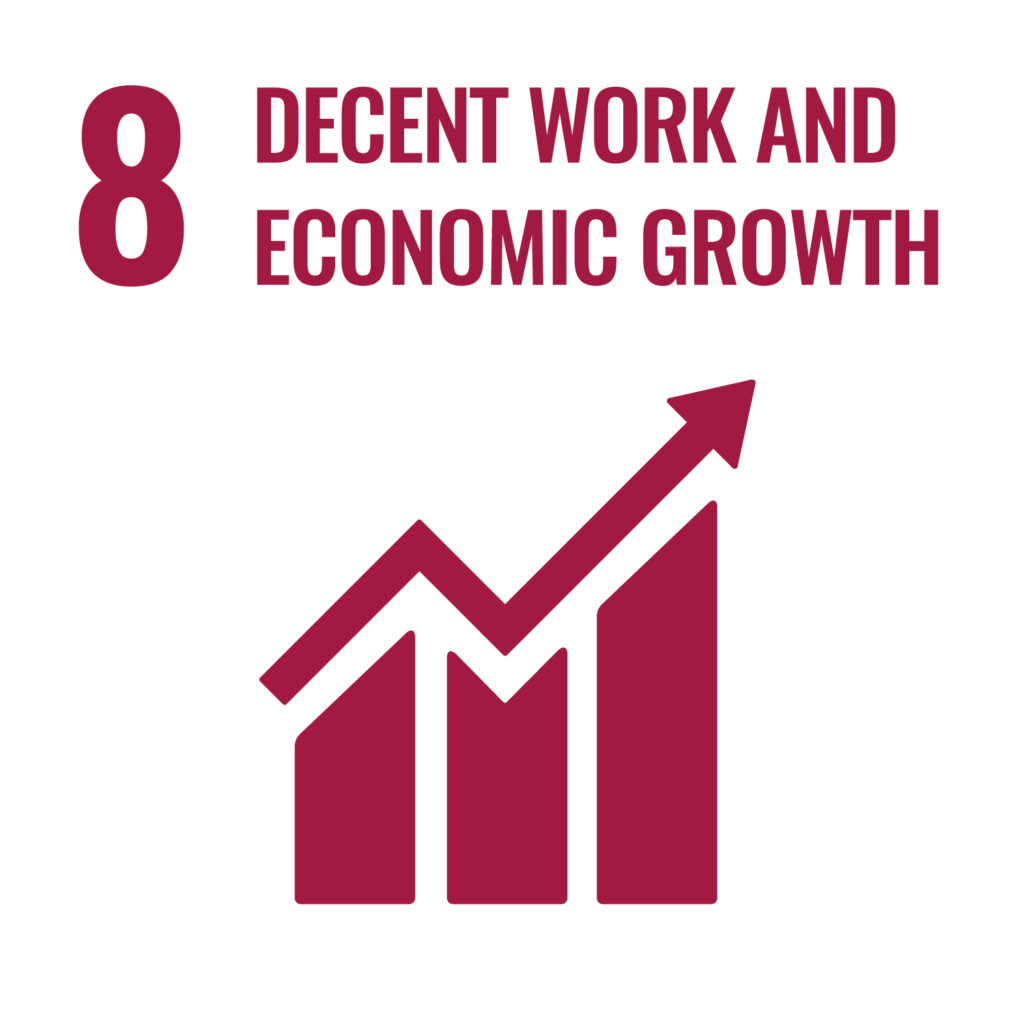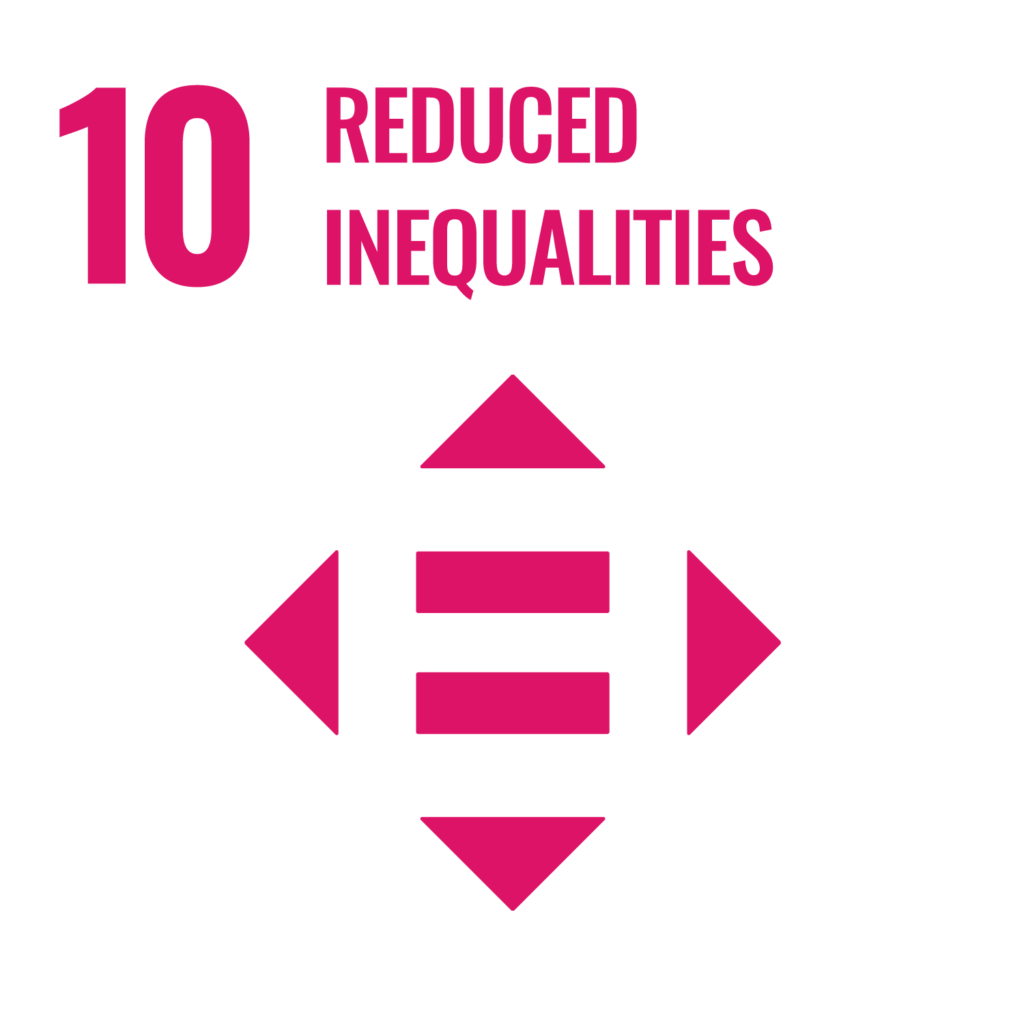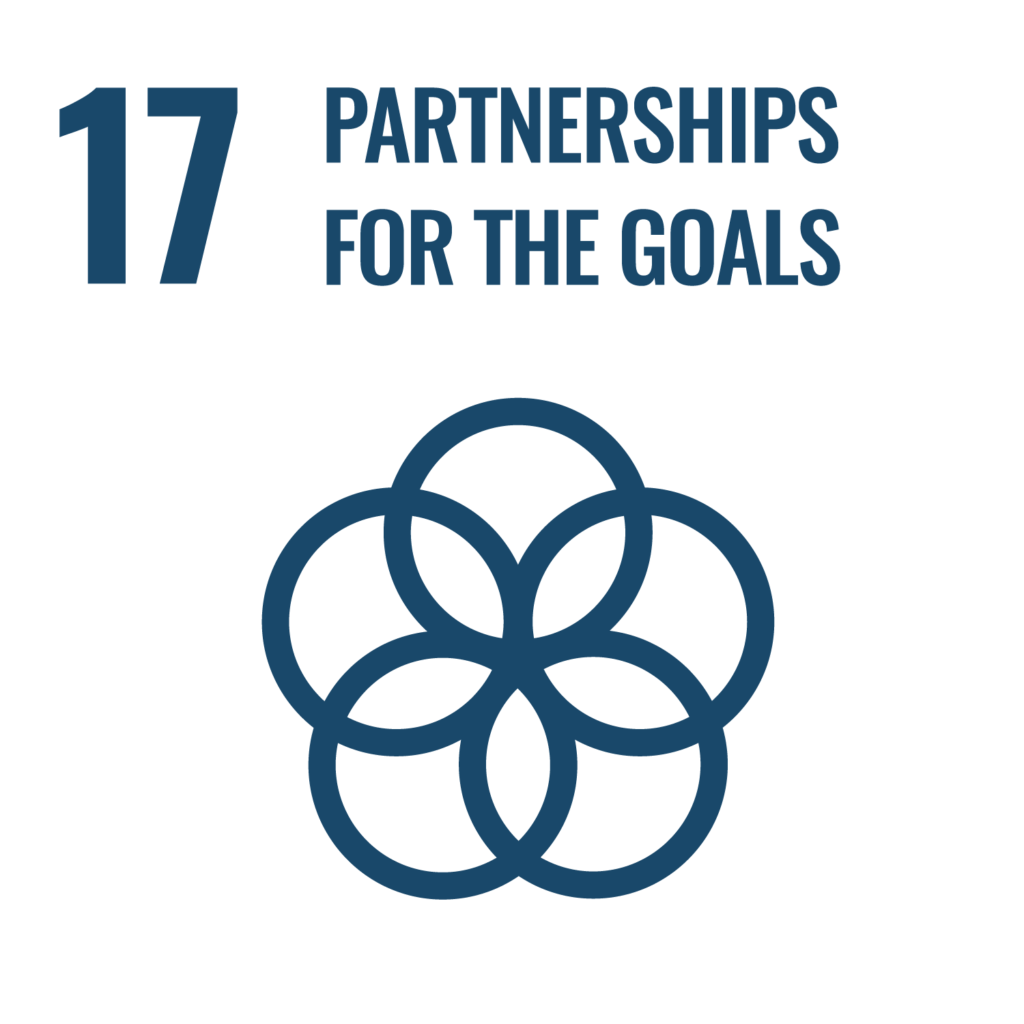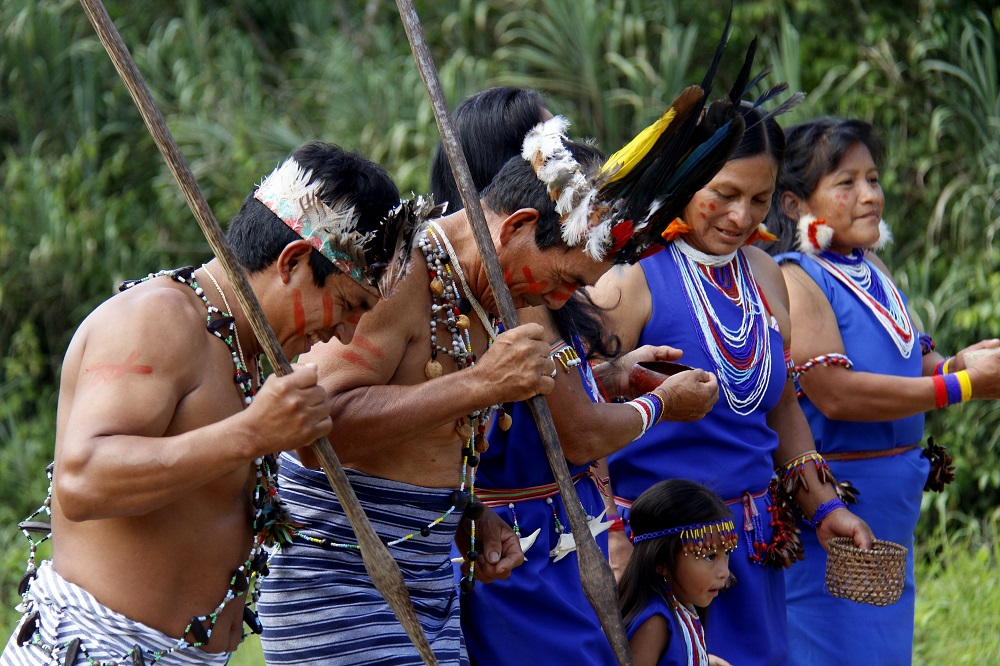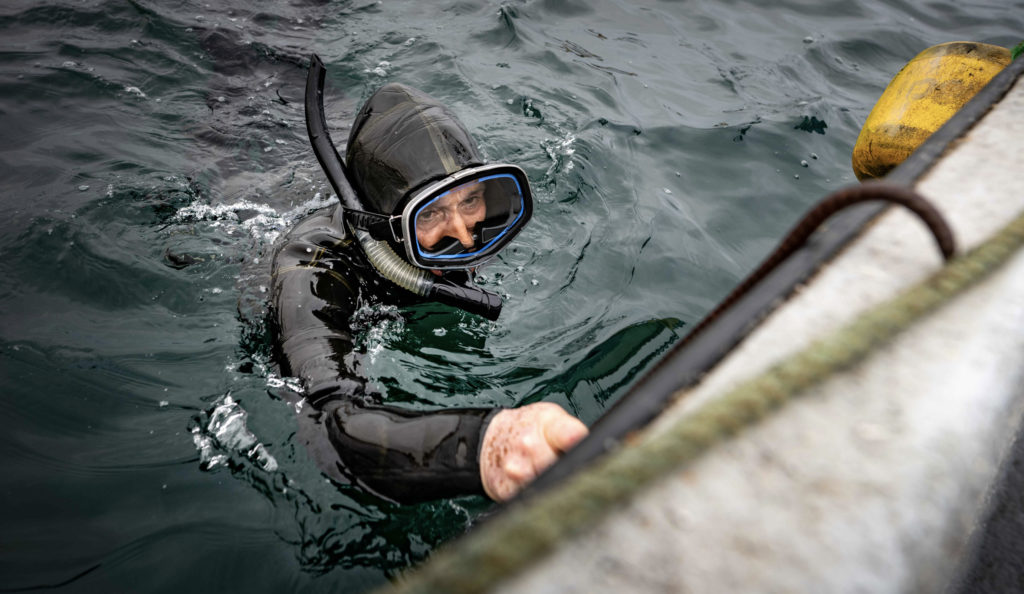Marlene Aguananchi is proud to be a member of the Shuar community, an indigenous group living in the tropical rainforests, lowlands and savannas of Ecuador and Peru. “We’re a proud people; we’re very proud of our culture,” she said. Despite this sense of pride, some fear the Shuar culture will disappear within just 50 years. “That’s because things change,” she said. Young people are leaving. Many marry outside of the culture. Slowly, they’re beginning to lose their heritage. But to Marlene, it does not have to be that way.
When she learned of an employment opportunity at the Shuar Cultural and Interpretation Centre in the Ecuadorian province of Zamora Chinchipe, she was thrilled by the possibility of being able to “promote Shuar culture” and educate others about their traditions, customs and way of life. This opportunity was borne out of a partnership between the Shuar Federation of Zamora Chinchipe, the Lundin Foundation and Lundin Gold to foster Shuar-led economic development, capacity and institution building, and the promotion and preservation of local customs and traditions.
In 2019, the Foundation worked with its partners to create a transparent governance body, the Tsanka Nunka consortium, to oversee the management of the Shuar-led tourism company Winia Nunkar. The consortium board is comprised of 50 percent Shuar representation and chaired by the President of the Shuar Federation of Zamora Chinchipe.
After the completion of renovations and upgrades, Winia Nunkar began designing a business strategy to position the Centre as a tourist and cultural destination while generating employment for young Shuar. The strategy involves marketing Shuar-inspired artisanal products, gastronomy and hospitality services, and agro-tourism. The Centre, which already boasts a collection of Shuar artifacts, is promoted as a space for meetings, incentives, conventions and exhibitions.
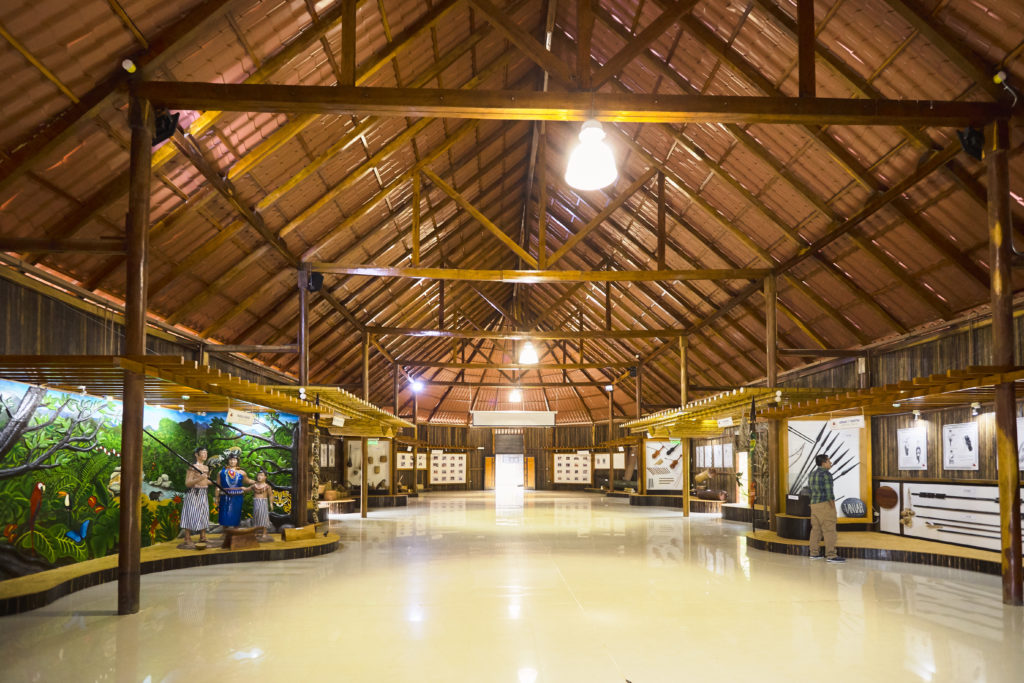
Project Impact
20 young members of the Shuar community trained in customer service, culinary arts and as tourism guides
50% Shuar representation to oversee Shuar-led tourism business
3 cooperation agreements with universities: Universidad de Las Américas, Universidad Técnica Particular de Loja, Universidad de Los Hemisferios
964 visitors since official opening of renovated Shuar Cultural and Interpretation Centre in 2019
Marlene applied for the job at the Centre and succeeded. Formerly a police officer, she happily transitioned to the administrative role. Through her work at the Centre, she hopes she can help visitors from near and far understand the beauty of her country and the Shuar culture.
“I love my job. I can’t even pick one thing that I love the most, because I really love everything I do in a day,” she said. “In a way, I’m helping to preserve Shuar culture for future generations,” she said.
The company recently carried out capacity-building programs to equip young Shuar with vital skills for the tourism industry. Along with 19 others, Marlene participated in a 14-day program, which she said helped her understand the importance of professional communication and customer relations.
Marlene feels the Centre shows the Shuar people that there is a genuine opportunity for Shuar-led economic development in the region. In June 2019, she helped organize and host a 300-person event at the Centre that Ecuadorian Vice President Otto Sonnenholzner attended. She said her training helped prepare her to quickly adapt and address the numerous challenges associated with running a large-capacity event with high-profile guests. The event was widely seen as a success, and Marlene views it as one of her greatest professional achievements to date.
Marlene lives along the banks of the Nangaritza River with her husband and two-year-old daughter, Dara. She believes her job not only helps her provide for her child, but will also allow her to leave a powerful legacy behind. She says she hopes that the tourism initiative inspires other Shuar—especially women—to launch their own businesses down the road. “I want my daughter to know that she can start and lead anything she wants,” she said.
UN Sustainable Development Goals
Our initiatives strive to improve people's lives and protect the planet and are in support of the following UN SDGs:
